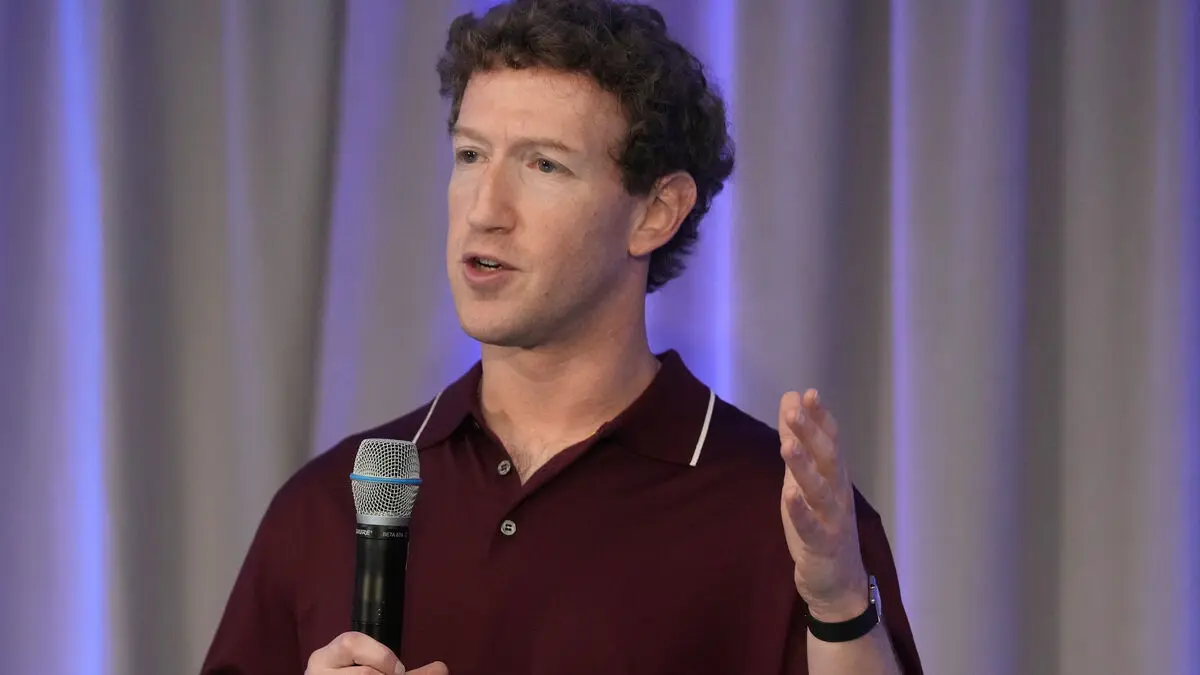According to the federal court, Meta is not in a monopoly position when it comes to social media.
The FTC has argued that Meta should not have been allowed to buy Instagram in 2012 and Whatsapp in 2014 for competition reasons. In the lawsuit, which concluded in May, the agency argued that the acquisitions gave Meta a monopoly and that this has persisted for over ten years.
"Regardless of whether Meta previously held a monopoly position or not, the agency must show that the company still holds such a position now. The court's ruling today establishes that the FTC has not done so," Judge James Boasberg wrote in the decision.
The FTC has, among other things, referred to Meta CEO Mark Zuckerberg's stated strategy that "it's better to buy than to compete."
The social media landscape has changed significantly since the lawsuit was filed in 2020, the judge points out. When he objected to the case back in 2021 and 2022, for example, Tiktok, which is now Meta's "toughest rival," was not even mentioned.






